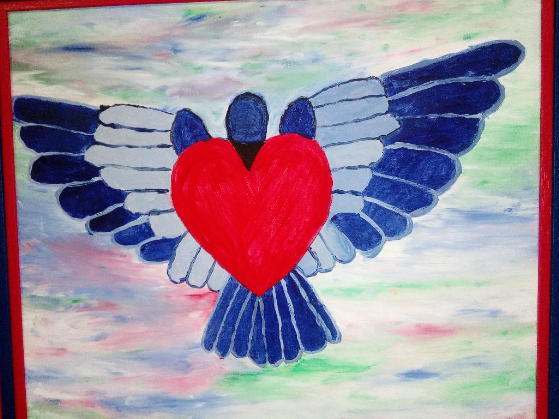VALUES AND VIRTUES IN SCHOOL, YOUTH WORK, AND ADULT EDUCATION

The course is addressed to teachers and other pedagogical specialists, trainers of people from 7 to 107 years, NGO leaders, influences and anybody who wants to make а positive change in one’s own personal life and the live of society through the intelligence on vaues.
METHODOLOGY
Everybody knows about IQ (inteligence quatient, testing and assessing human inteligence) and EQ (emotional quatient, referring to emotional inteligence). This course is about VQ (intelligence on values), vewed as a third generation on inteligence that goes hand in hand the first two (IQ and EQ), but complements and develops them, discovering new horizons for human wisdom in the same practical and relevant way. Because it is fully possible for a peron to be very intelligent about a variety of things and topics, to be emotionaly smart and perceptive, and, in the same, time to be roadless. In fact, the direction in life is determined by the values we embrace and the virtues we have as individuals to put them into practice, to make the values work for us. VQ helps people make moral chices that determine their lifepass. That’s why it is good for people to be aware of that and to make informed and responsible choices. This is particularly important at every stage of life and therefore VQ is applicable in areas such as schooling, youth work and adult education.
Without claiming to be exhaustive, the course offers learning content on these issues. Some of the sessions are original, others are adapted from other academic disciplines. the idea of the course is to direct the attention of the course participants to these important but not urgent questions, for which we almost never have time in our busy schedule, but when we solve them, they bear good fruit in our lives.
LEARNING OUTCOMES
The participants will:
- Get insight into their own (ranking list of) personal values;
- Understand how values become virtues (or not);
- Be empowered to make strong personal choices and to support other people in doing so;
- Know how to encourage the formation of personal and/or group/team values and virtues;
- Recognize the importance of school values in creating a viable and healthy school community;
- Be able to analyze situations and to identify motivations and values behind different behaviors;
- Be aware of the significance and relevance of basic European and universal values in relation to people's daily lives;
- Be prepared to navigate situations of conflicting values and find a way out of them;
- Be capacitated to create a reality based on their choice of values and virtues and teach others to do so.
LANGUAGE
The course can be conducted in English and/or Bulgarian.
REGISTRATION
A minimum of five participants is required for a course.
PROGRAMME
Please, enroll here. Activities include 5 days face to face training in Sofia, Bulgaria, two 90-minute sessions per day.
COURSE
Day 0
Arrival of participants.
DAY 1
Session 1: Human needs and desires. Intellectual-Emotional Continuum. What is good and bad for a human being? Definition of values. Individual test for personal values. Instrumental and Terminal Values.
Session 2: Virtues: values in action. Unity of words and deeds. Group exercise to find the motivation behind words and deeds.
DAY 2
Session 3: Notions of good and evil and the boundaries between them. Or-thinking and And-thinking. Alternative and non-alternative choices. Choices and consequences. Choice and sacrifice. Choice and responsibility. Free choice and/or free will?
Session 4: Values and virtues in interpersonal relations and small groups. Competitive and team games and the values and virtues they develop.
DAY 3
Session 5: Values in school. School values and how they form and develop the school community. The “Melted Cheese” game and discussion.
Session 6: Virtues in school. Character education. “The Big Break”
game and discussion.
DAY 4
Session 7: European values in school, youth work and adult education. Shared practices.
Session 8: Universal values in school, youth work and adult education. World Café for possible approaches.
DAY 5
Session 9: Conflicting and colliding values. Polarity maps. Managing polarities through bridge values.
Session 10: Creating reality (by choosing among values). Feedback, evaluation session and follow-up activities to help create educational content on values (and virtues) in Europe.
DAY 6
Departure of participants.


